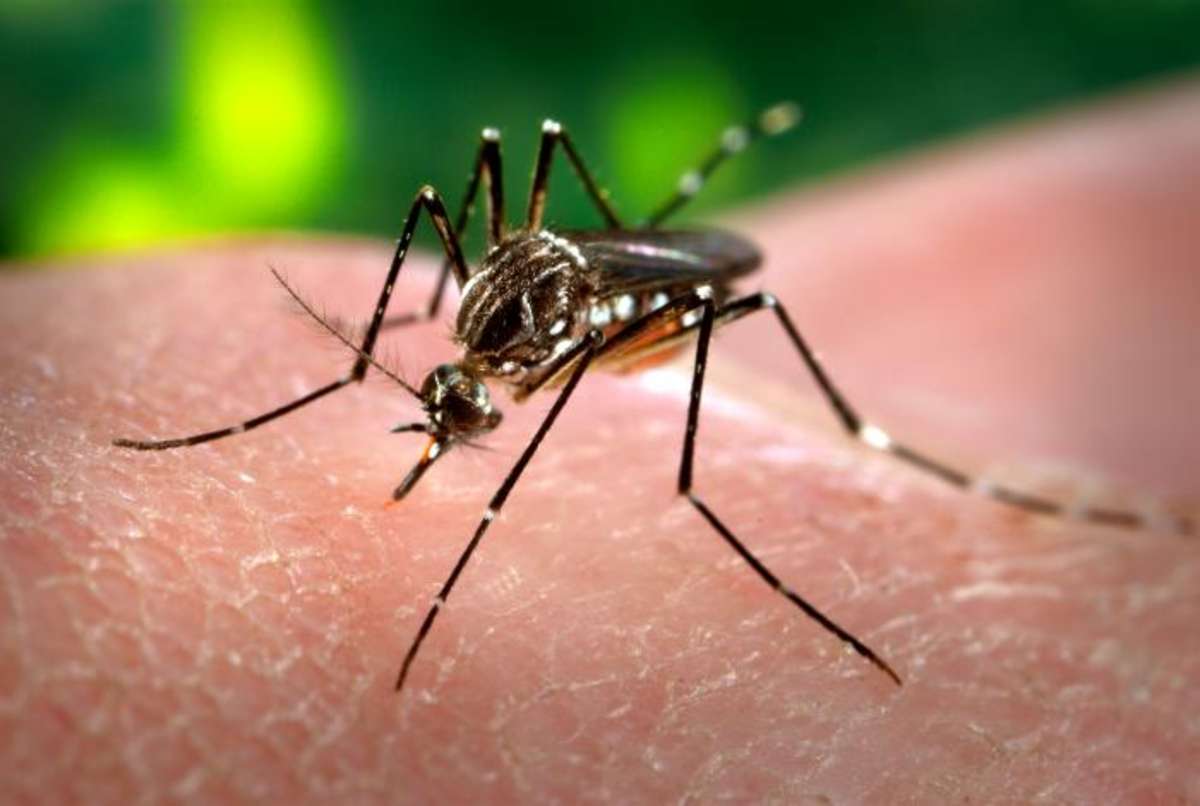By Sabra L. Klein, PhD, Associate Professor of Molecular Microbiology Immunology, Johns Hopkins Bloomberg School of Public Health
Pregnant women are more susceptible to infectious disease than the general public. Yet a dearth of research leaves them and their babies vulnerable time and time again.
Like millions of other women in the U.S, when I was pregnant my doctor told me to avoid changing cat litter, eating soft cheeses, and shaking hands with anyone who was sick — basically to avoid exposure to infection. While many pregnant women may not know about the biology underpinning this common advice, scientists and doctors are well aware that being pregnant creates an environment in women’s bodies that makes them more susceptible to infection.
And yet, every time a new outbreak occurs — whether it’s been the H1N1Influzena (Swine Flu), Ebola, or now Zika — doctors and public health officials are hard pressed to address the danger to pregnant women and their fetuses. When an outbreak eventually subsides, scientists, doctors, and public health officials are still left wondering what made pregnant women and their fetuses so susceptible to infection— a question that almost always remains unanswered.
Zika continues to be a case in point.
“As the weeks and months go by we learn more and more, and realize how much we don’t know,” said Anthony Fauci, director of the National Institute of Allergy and Infectious Diseases. “And unfortunately the more we learn, the worse things seem to get.”
Meanwhile, obstetricians and their patients, understandably worried, demand more than travel warnings and promises of a yet-to-come vaccine. To get ahead of the next pandemic and the pattern of panic that we all know too well, our reactionary approach must change. Governments, which act on behalf of their people, must advocate and fund the study of infectious diseases — viral and non-viral — during pregnancy so that we can pinpoint which of these infections cause harm to the mother and which are able to cross the placenta and damage the fetus. We need to base our public health policy recommendations on scientific facts that could bridge across epidemics and enable us to manage new crises when they arise.
NO EXCUSE FOR INACTION
Pregnant women are not included in most medical research for a reason. Researchers and those funding the research are fearful of harming a fetus. Though understandable, this is not an excuse for inaction. Research can, and should, be done using pregnant animal models, such as mice, or cell cultures from placentas to search for answers. We should also use these “pregnancy models” to investigate how pregnant females and their fetuses would respond to treatments, such as drugs or vaccines, for infectious diseases. If more research on pregnancy occurred early in the drug discovery pipeline, then we would be better prepared to safely treat pregnant women when new infectious diseases surface.
Much of the information about infectious diseases and pregnant women comes from observations during outbreaks, epidemics and pandemics, which have illustrated the disastrous results of not knowing enough information. During the influenza pandemic of 2009, pregnant women were hospitalized at a much higher rate than the general public. This tells us that they were getting a more severe version of the disease — something that perhaps could have been predicted in a lab. Similar observations have been made during malaria outbreaks and during the Ebola epidemic in Africa.
The alternative to doing the research and getting ahead of these outbreaks is what we’ve witnessed in the past month: an uneven response that differs based on geography. “Don’t get pregnant” is not a sustainable public health message to address an epidemic. Yet, this was the advice delivered to women in about a half dozen Latin American and Caribbean nations, in response to Zika’s suspected link to birth defects in Brazil.
TAKING A LONGER VIEW
Women have long been treated as afterthoughts in medical research, most notably with cardiovascular disease, in which research was historically heavily weighted toward men even though more women die from it.
With pregnant women, the neglect is even worse, but we can take systematic steps to shine a research light on pregnancy, and we must not wait for the next pandemic before we commit ourselves to this task. By failing to take action in the lab and at the highest levels of government, we’re leaving women and their babies to be the guinea pigs during each inevitable new outbreak.
We need more than a Zika czar, as several members of Congress have suggested. We need a U.S. women’s health czar — someone who will take a longer view and prioritize sustained research on infectious diseases in pregnant women. Only with this type of focus and effort will we be able to acquire the tools and know-how to manage and advise pregnant women during the next outbreak, which we know is a matter of when, not if.
The Society for Women’s Health Research (SWHR®) has been advocating for more than 25 years to bring more awareness to understanding sex differences in infectious diseases, leading to personalized treatment and prevention. Click here to learn more about its work on infectious diseases.
